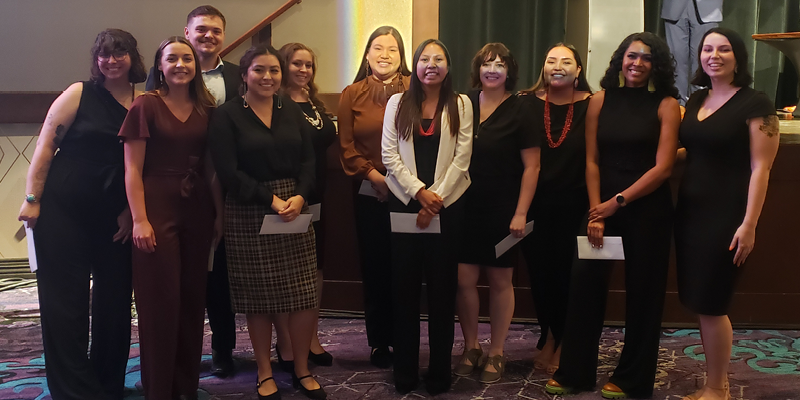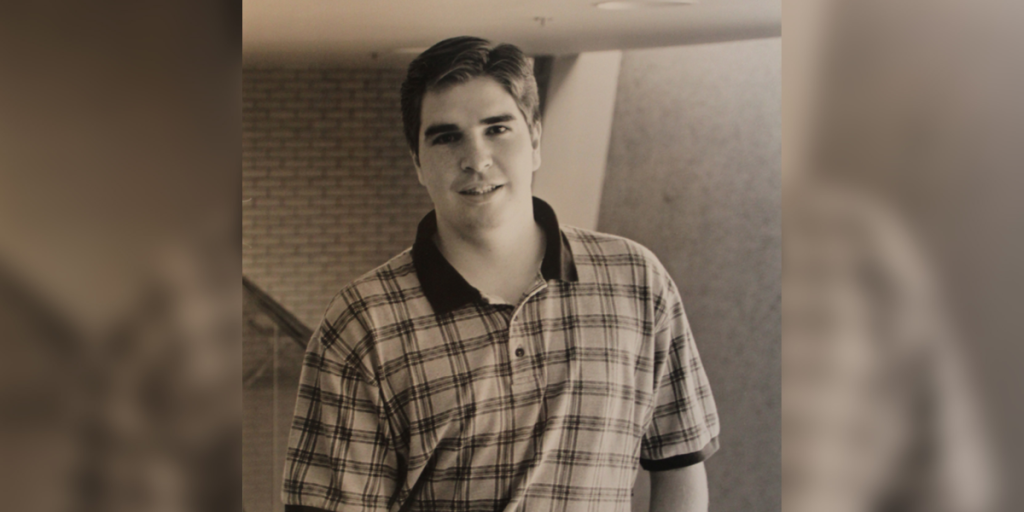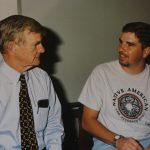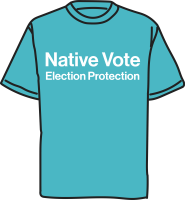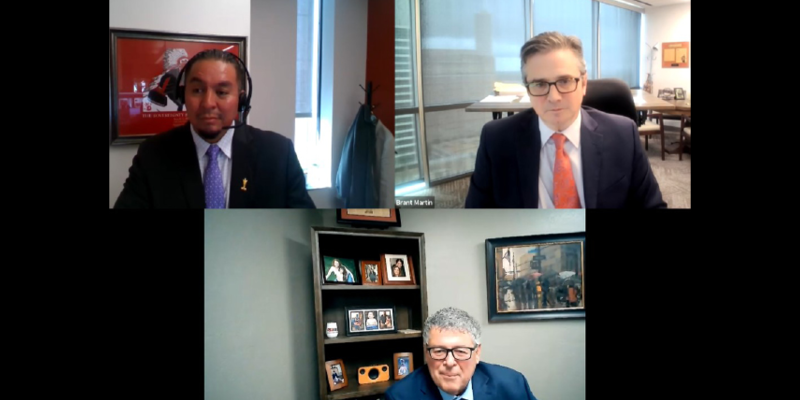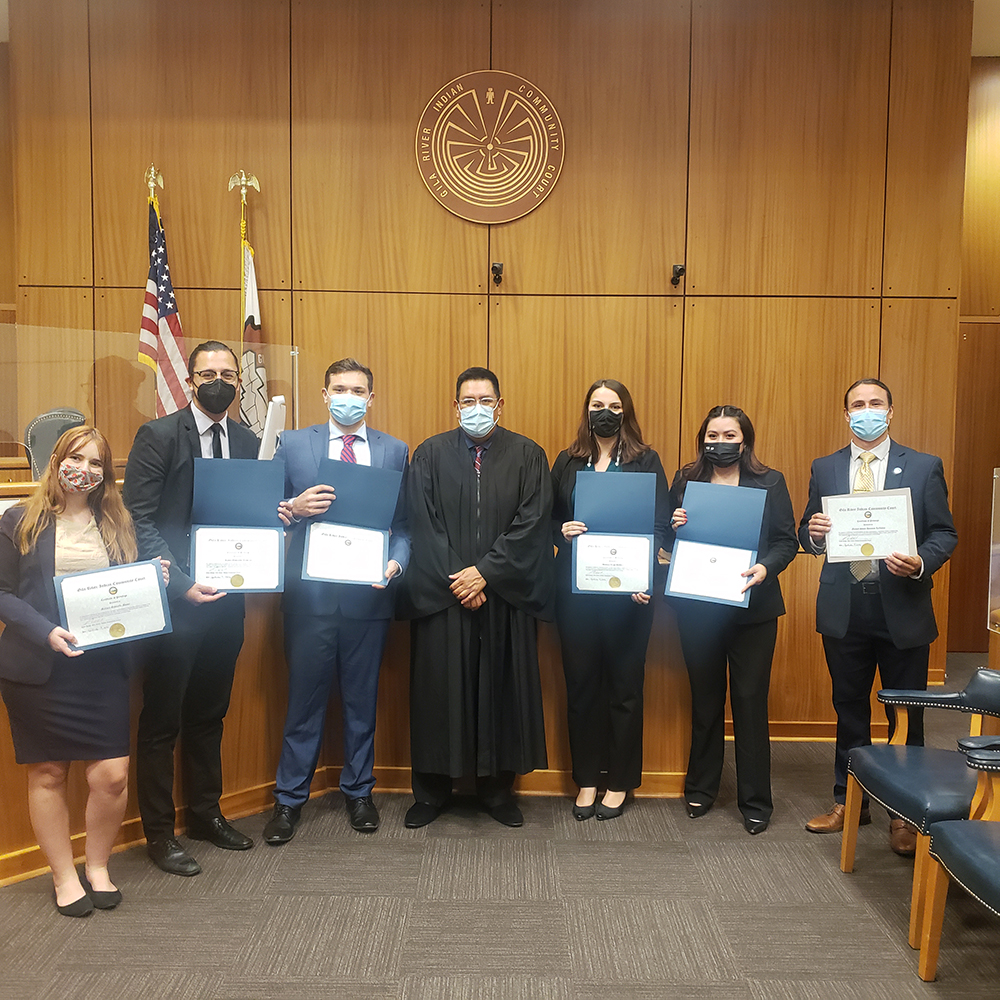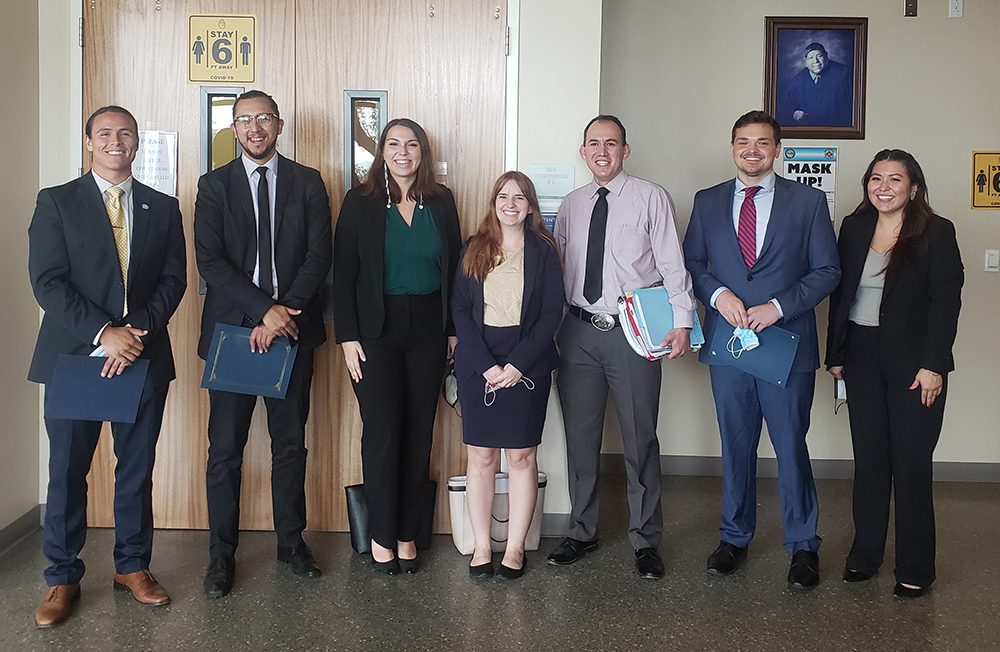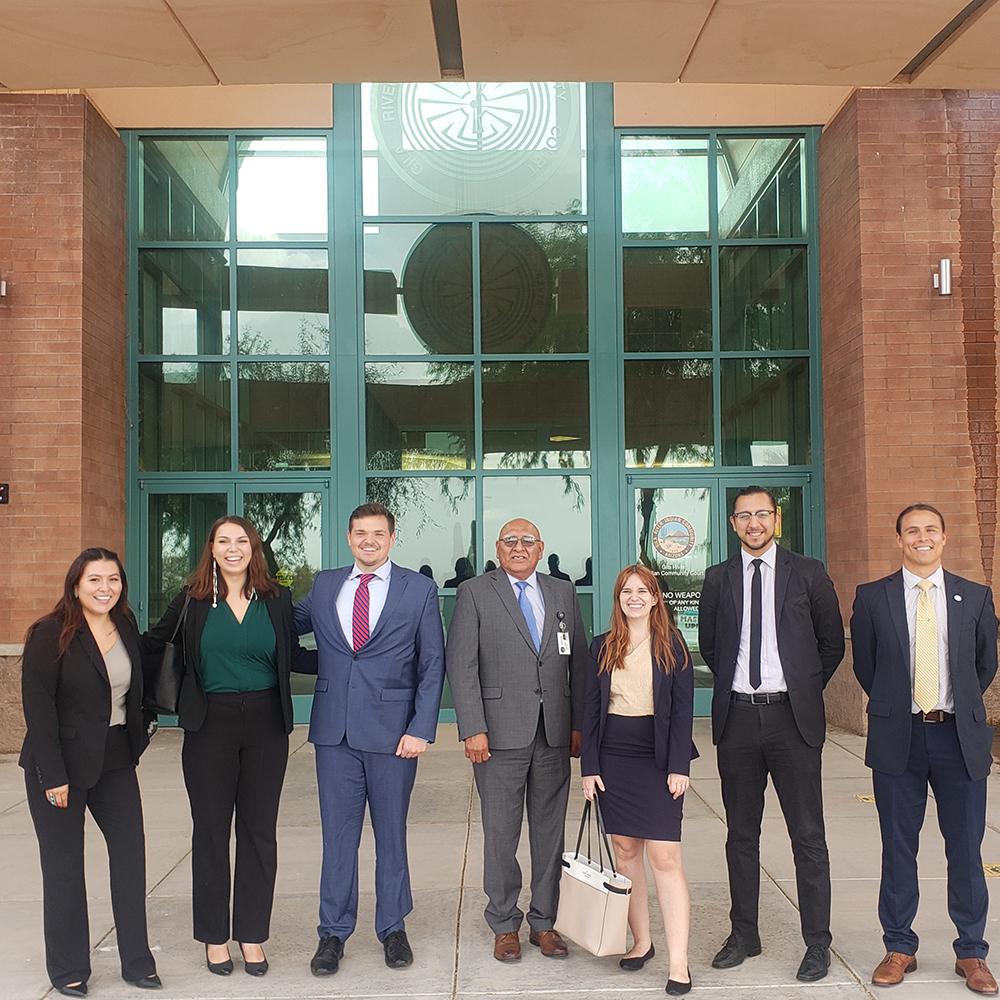The Santa Fe, New Mexico and Tempe, Arizona offices of Rothstein Donatelli, LLP are each seeking an associate for their Indian law practice. Rothstein Donatelli has offices in Santa Fe and Albuquerque, New Mexico, and Tempe, Arizona. The Indian law practice in Santa Fe specializes in federal Indian law, including gaming, economic development, water rights, land rights, civillitigation, and transactional matters. Tempe specializes in federal Indian law, including gaming, economic development, Indian Child Welfare Act, Indian health law, labor and employment law, and transactional matters. Rothstein Donatelli is committed to advancing the sovereign rights of Native American tribes. More information about the firm is available at www.rothsteinlaw.com.
The ideal candidate will have three or more years of experience with a demonstrated commitment to the highest quality of legal practice, excellent research and writing skills, and an interest in representing tribal Nations. Experience in Indian law is not required. Interested candidates should send a cover letter, resume, references, and writing sample to Manya Snyder at info@rothsteinlaw.com. The positions will remain open until filled. Salary competitive in the Santa Fe and Tempe markets and depending on experience.
Rothstein Donatelli LLP provides equal employment opportunities to all employees and applicants for employment without regard to race, color, ancestry, national origin, gender, sexual orientation, marital status, religion, age, disability, sex or gender identity, results of genetic testing, or service in the military. Equal employment opportunity applies to all terms and conditions of employment, including hiring, placement, promotion, termination, layoff, recall, transfer, leave of absence,compensation, and training. The Firm expressly prohibits any form of unlawful employee harassment or discrimination based on any of the characteristics mentioned above. Improperinterference with the ability of other employees to perform their expected job duties is absolutely not tolerated. The Firm is committed to achieving a diverse workforce and an inclusive environment.
NALSA recognition
Building Communication between Tribal & Federal Courts & the Agencies Administrating Justice in Indian Country
Friday, October 21, 2022
9:30 a.m. – 12:00 p.m.
Sandra Day O’Connor Courthouse, Jury Assembly Room
401 W. Washington St., Phoenix, AZ, and via Zoom
There is no charge for this event. Space is limited and registration is required. CLE may be available.
Registration for In Person: rsvp.inperson@azd.uscourts.gov
Registration for Virtual: rsvp.virtual@azd.uscourts.gov
Questions: humetewa_chambers@azd.uscourts.gov
Fellowship Opportunities
In Memory of Rob Rosette (’96)
Election Protection Volunteers needed
Firm seeks 2L for 2023 Summer Law Clerk
Maier Pfeffer Kim Geary & Cohen LLP is a well-established law firm in Indian country, with a particular focus on the California region and the more than 100 federally recognized Indian tribes located there. Our partners offer decades of experience representing tribal interests on all matters affecting tribal government and reservation communities. We provide general and special counsel services on a wide range of matters including tribal gaming, governance, employment, administrative, business transactions and economic development, environmental compliance, Indian Housing/NAHASDA, ICWA, tribal TANF, state and federal taxation and land-into-trust acquisitions. In furtherance of tribal sovereignty, we work closely with tribal leaders on strengthening tribal legal systems by updating core governance documents including tribal constitutions, membership and election statutes, and a wide range of other tribal laws and administrative policies and protocols. We have successfully advised tribal governments on establishing new or expanded tribal institutions and businesses as both an exercise of sovereignty and self-determination.
MPKGC is seeking applications from second-year law students for a 2023 Summer Law Clerk for its office in Oakland, California. Applicants must be enrolled in an ABA accredited law school. Experience or coursework in tribal and Federal Indian Law is strongly preferred. Applicants must also possess excellent analytical, research and communication skills, and the ability to work independently and as a team member in a fast-paced and fun environment. MPKGC offers a competitive salary for a 10-week summer position (exact length negotiable).
To apply: interested candidates should e-mail a cover letter, resume, writing sample, and unofficial law school transcript to Ms. Bethany Sullivan at bsullivan@jmandmplaw.com by November 4, 2022.

